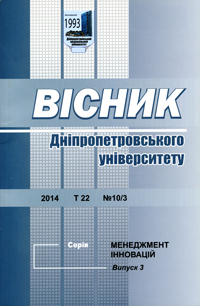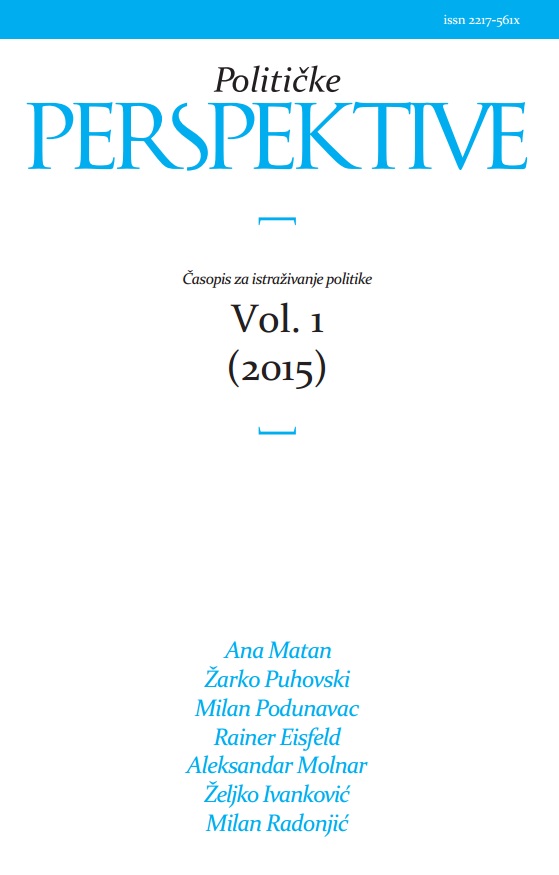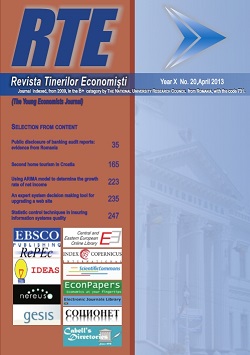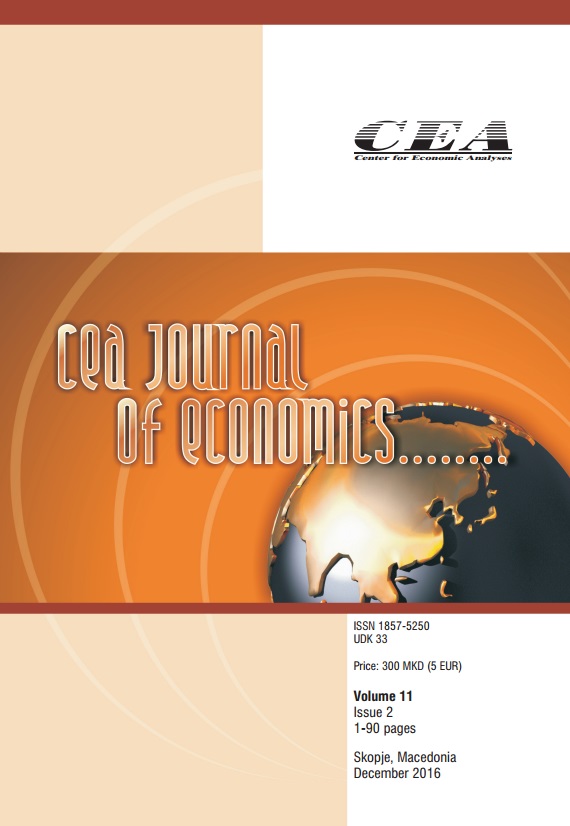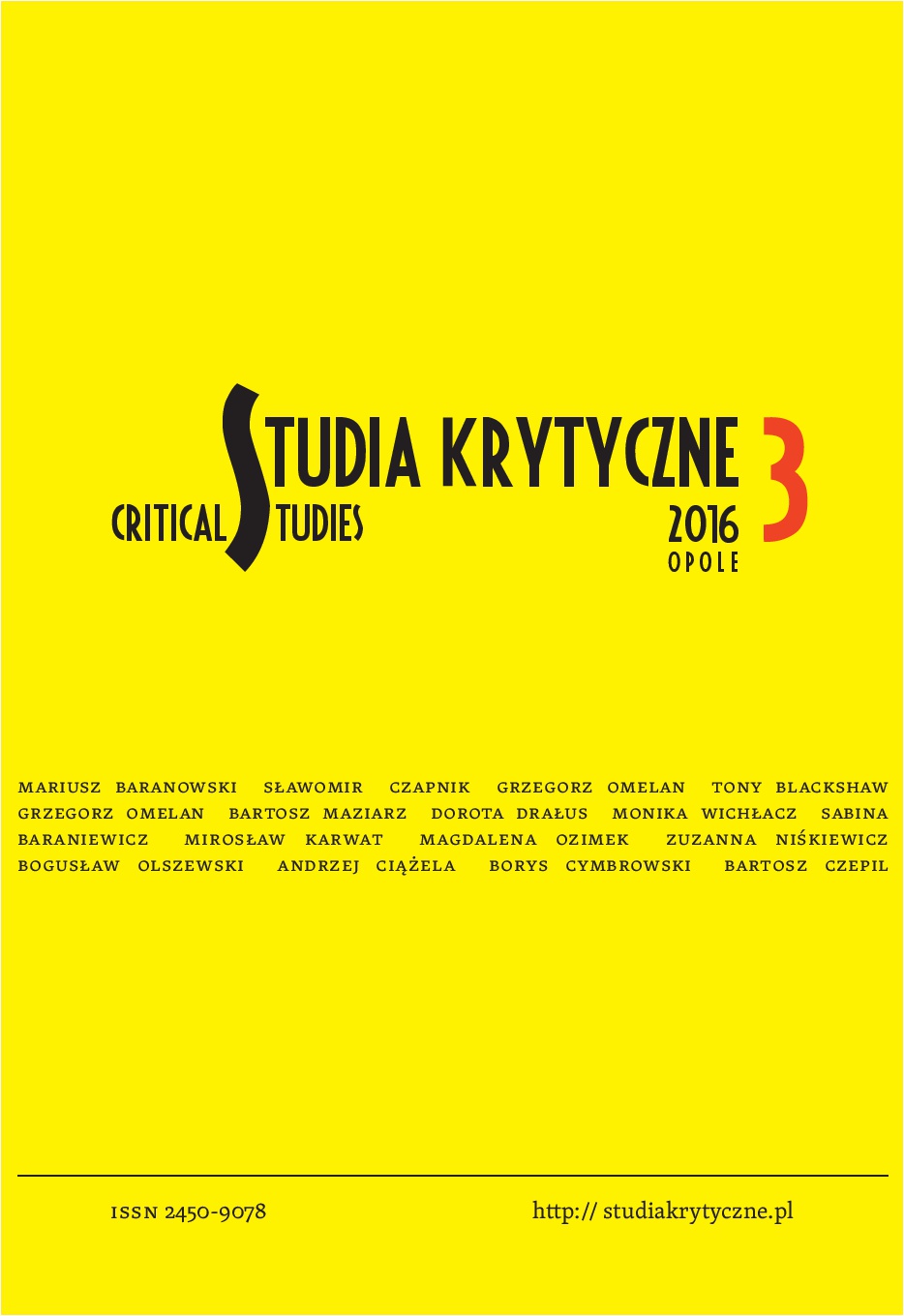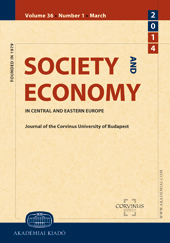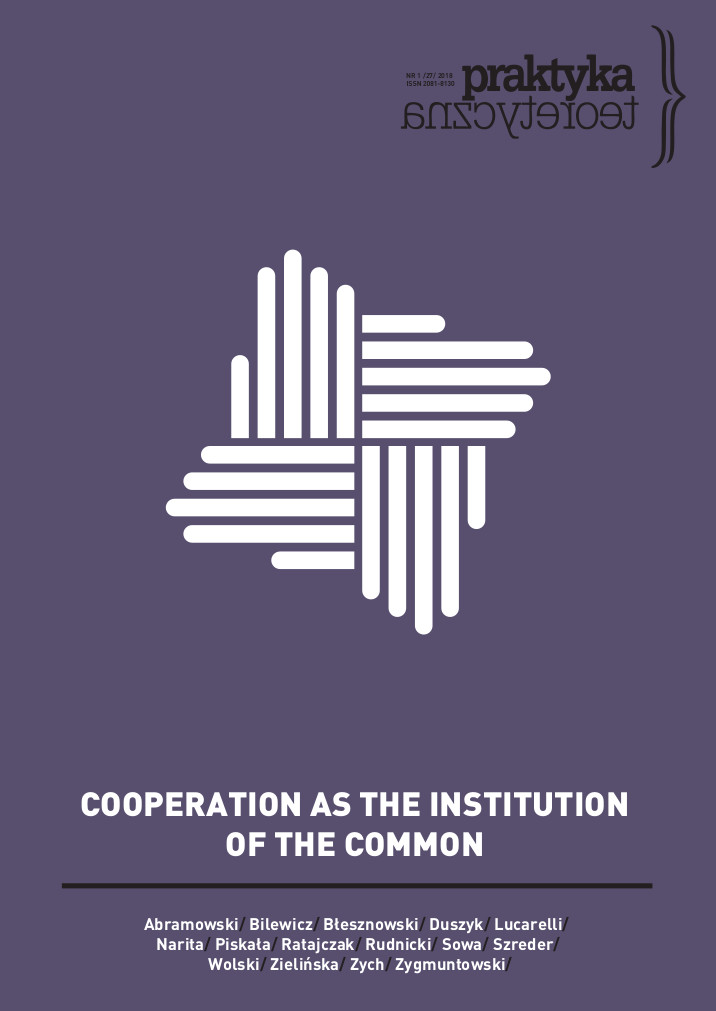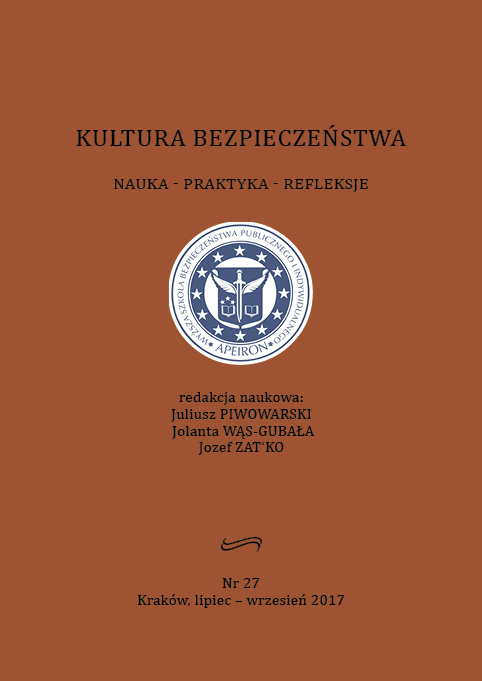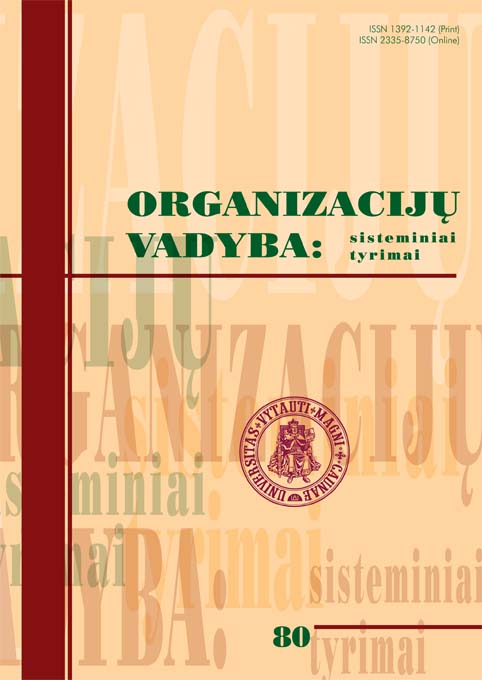Corruption and Citizen Economic Capacity: the Equation
Relation of Corruption and Citizen Economic Capacity is a long global debate in the society. Though, theoretically, policy makers, scholars and researchers argue that there is a close relation between these two variables, but the quantitative relation and any global model is yet unrevealed. So, the main aim of this paper is to ascertain the nature, dimension and extent of the relationship between Citizen Economic Capacity and Corruption as well as to invent a globally accepted model. This paper will be useful for researchers, planners, policy makers and scholars who are directly or indirectly involved or willing to involve in the thrust for quantitative relation of these two variables. Literature review is the main source of information of this study. In introductory section, this paper briefly describes theoretical relationship of Citizen Economic Capacity and Corruption as well as describes the proxy variables. Gross National Income (GNI) per capita, Atlas method of 2013 estimated by World Bank of different countries are used as proxy of Citizen Economic Capacity and Corruption Perception Index (CPI) scores (2014) of different countries are used as proxy of Corruption. In methodology section this paper describes the sampling procedure and level of analysis. Due to the unavailability of per capita GNI and CPI data of all countries, this study includes 152 countries around the globe in the analysis. In the third section, this research presents the correlation value which divulge that there is a correlation (p=.000) with 99% confidence level. That reveals, if the level of Corruption of any country change, the Citizens Economic Capacity also revolutionize accordingly. Then in this section two quantitative models are developed using linear regression analysis. First invented model is: GNI per capita of a country (in US$) = (797*Level of Corruption of that country)-20967. This model calibrates that one unit improvement of CPI or one unit decrease of corruption leads 797 US$ improvement of Citizen Economic Capacity (GNI per capita). Then taking this unit change proportion, this research concoct second model for prediction purpose. The second invented model is: Predicted per capita GNI of a country (US$) =Present per capita GNI of that country+797*Targeted level of CPI improvement. This model is applicable for any country around the globe for prediction of Citizens Economic Capacity (per capita GNI) according to the targeted reduction of Corruption level (targeted improvement of CPI level). In the last section, this paper briefly describes the application of the “Model-2” taking Bangladesh and Togo as two case countries.
More...
